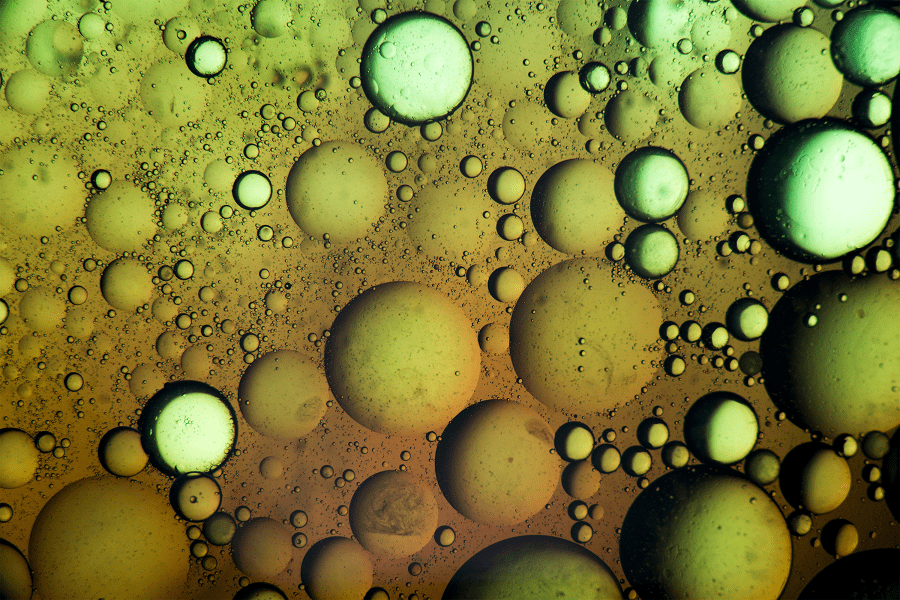Oil tanks can be separated into two broad categories: Tanks that hold oil strictly for storage purposes, and tanks that deliver oil to equipment to provide lubrication or supply oil as a primary catalyst for a production process. Though they are used for different purposes, both types of tanks share a similarity: They accumulate oil sludge on the interior and must have it removed to preserve the integrity of the clean oil they hold, regardless of its final application.
Choosing the Right Oil Tank Cleaner
Like oil tanks, oil tank cleaners can also be separated into two broad categories: cleaners that are effective for breaking down oil accumulations but are not officially intended for this purpose, and cleaners that are specially formulated for heavy-duty oil tank cleaning operations, among other types of oil cleaning operations.
Among the first type of cleaners, trisodium phosphate (TSP) and denatured alcohol are popular chemical options. TSP is generally applied at a rate of 1 cup for every five gallons of the tank’s holding capacity until the tank is full. After the TSP is drained, several gallons of denatured alcohol are poured into the tank to remove any oil residue that TSP may have left behind. After the alcohol is drained and the tank is hosed down, it is clean and ready to hold oil.
Among the second type of cleaners are numerous solutions that are formulated to break down heavy oil accumulations. The Emerald HD2 cleaner we supply is a perfect example of these types of solutions. Compared to using TSP and denatured alcohol as oil tank cleaners, using Emerald HD2 offers the following important safety advantages, among others.
- Less than 5% VOC content
- Non-flammable
- No fragrances or dyes
- No caustic ingredients
In addition to these benefits, HD2 is derived from sustainable resources and contains no chlorine or petroleum distillates — traits that contribute to the Design for the Environment Program (DfE) recognizing Emerald HD2 oil tank cleaner for offering improved health and environmental characteristics. Compared to using TSP and denatured alcohol for tank cleaning, Emerald HD 2 also has the advantage of being the only cleaner you need for the job.
Need an Industrial Oil Tank Cleaner?
If so, using Emerald HD2 has obvious advantages over using TSP and denatured alcohol, particularly its excellent safety profile and its ability to serve as the only oil tank cleaner you need. If you would like to see what Emerald HD2 can do before you use it as your go-to oil tank cleaner, feel free to request a free sample of the product by visiting our Request Sample page.
If you have questions, please call us today at (800) 563-1305 to speak with a solvent specialist. If we find that stock Emerald HD2 doesn’t conform to your specific tank cleaning requirements, we can produce a custom formulation that does the job. We look forward to supplying you with a dynamic, eco friendly, industrial grade oil remover for all of your oil tank cleaning operations. Contact us today!















